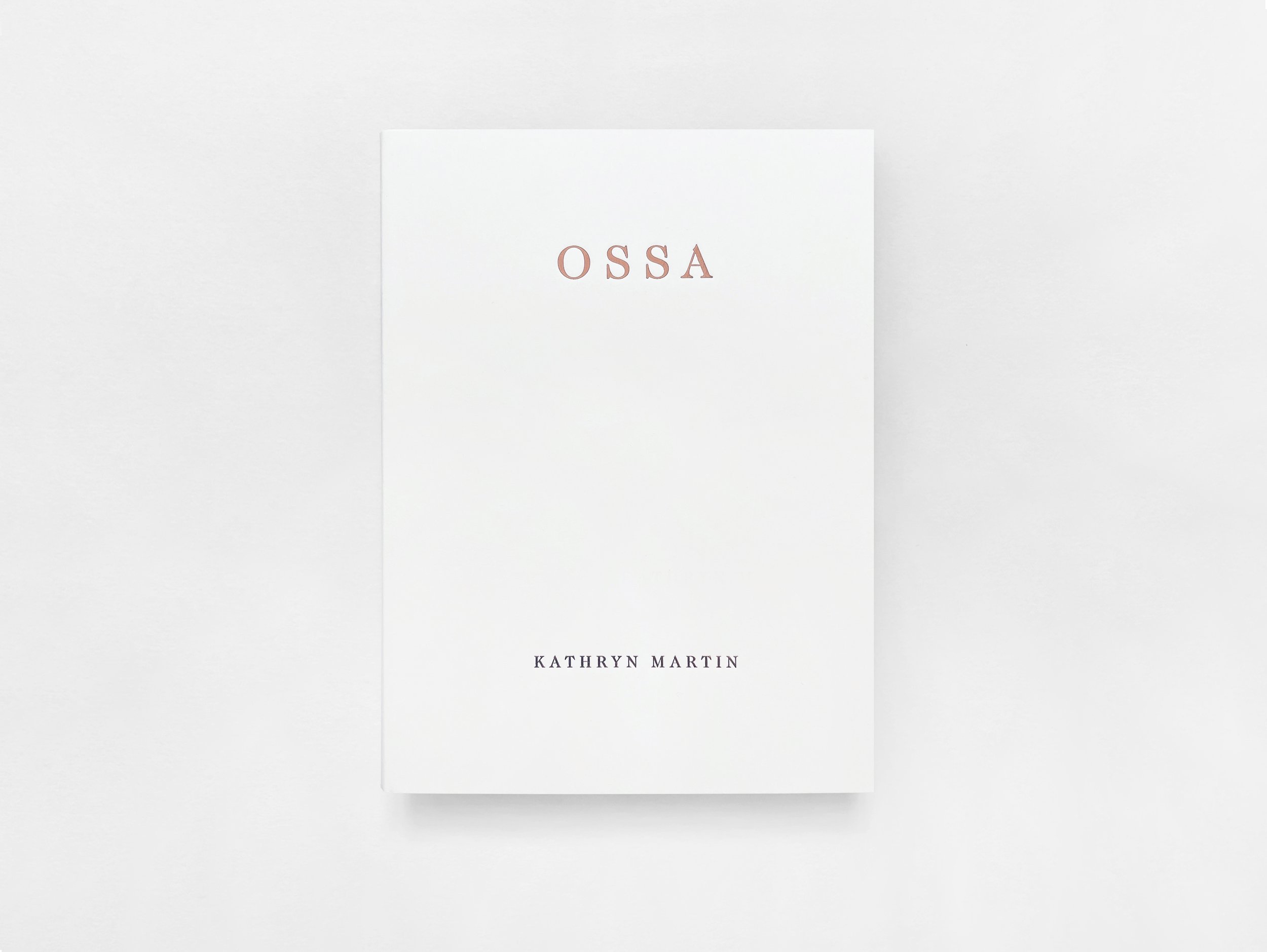 Image 1 of 12
Image 1 of 12

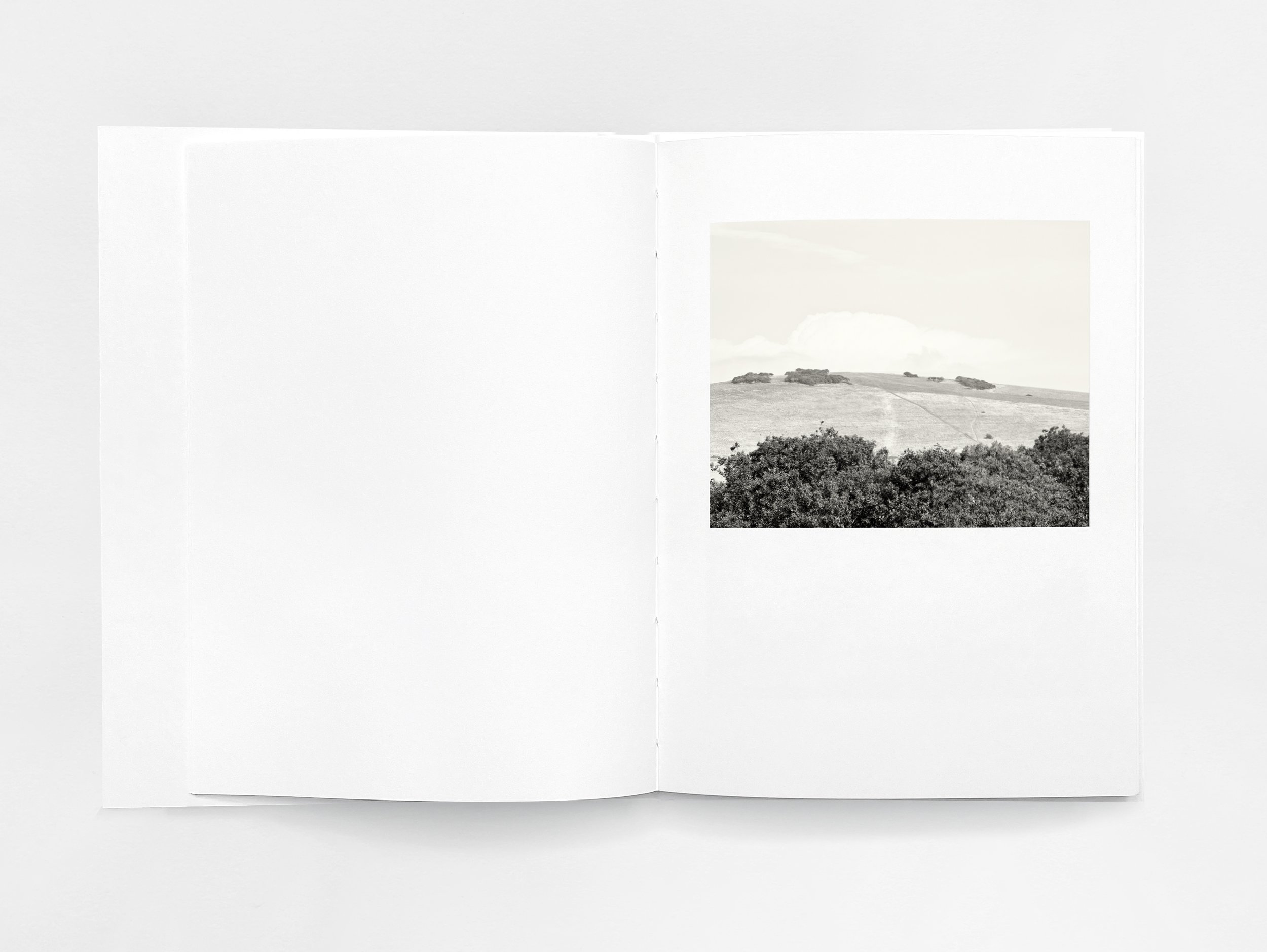 Image 2 of 12
Image 2 of 12

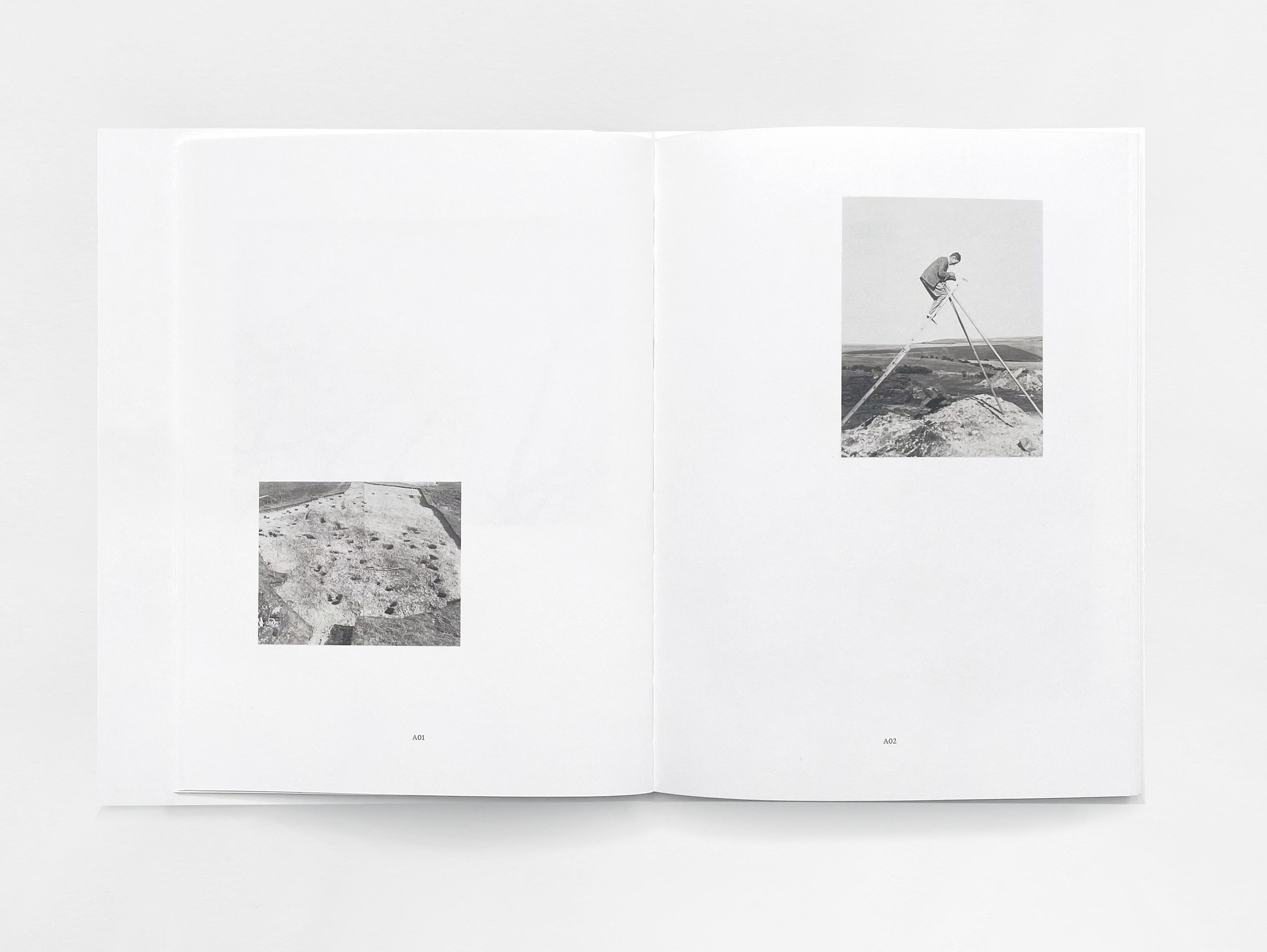 Image 3 of 12
Image 3 of 12

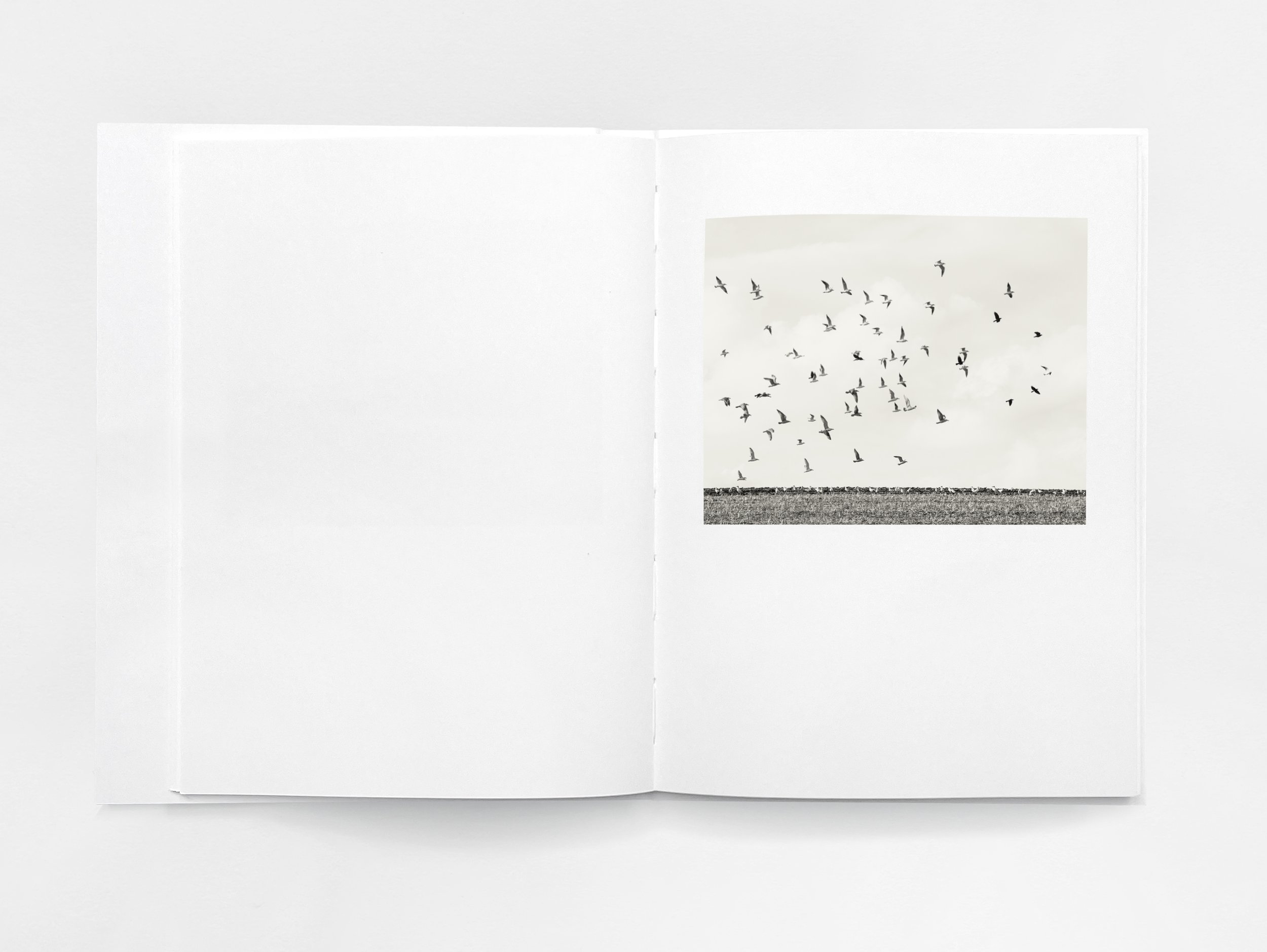 Image 4 of 12
Image 4 of 12

 Image 5 of 12
Image 5 of 12

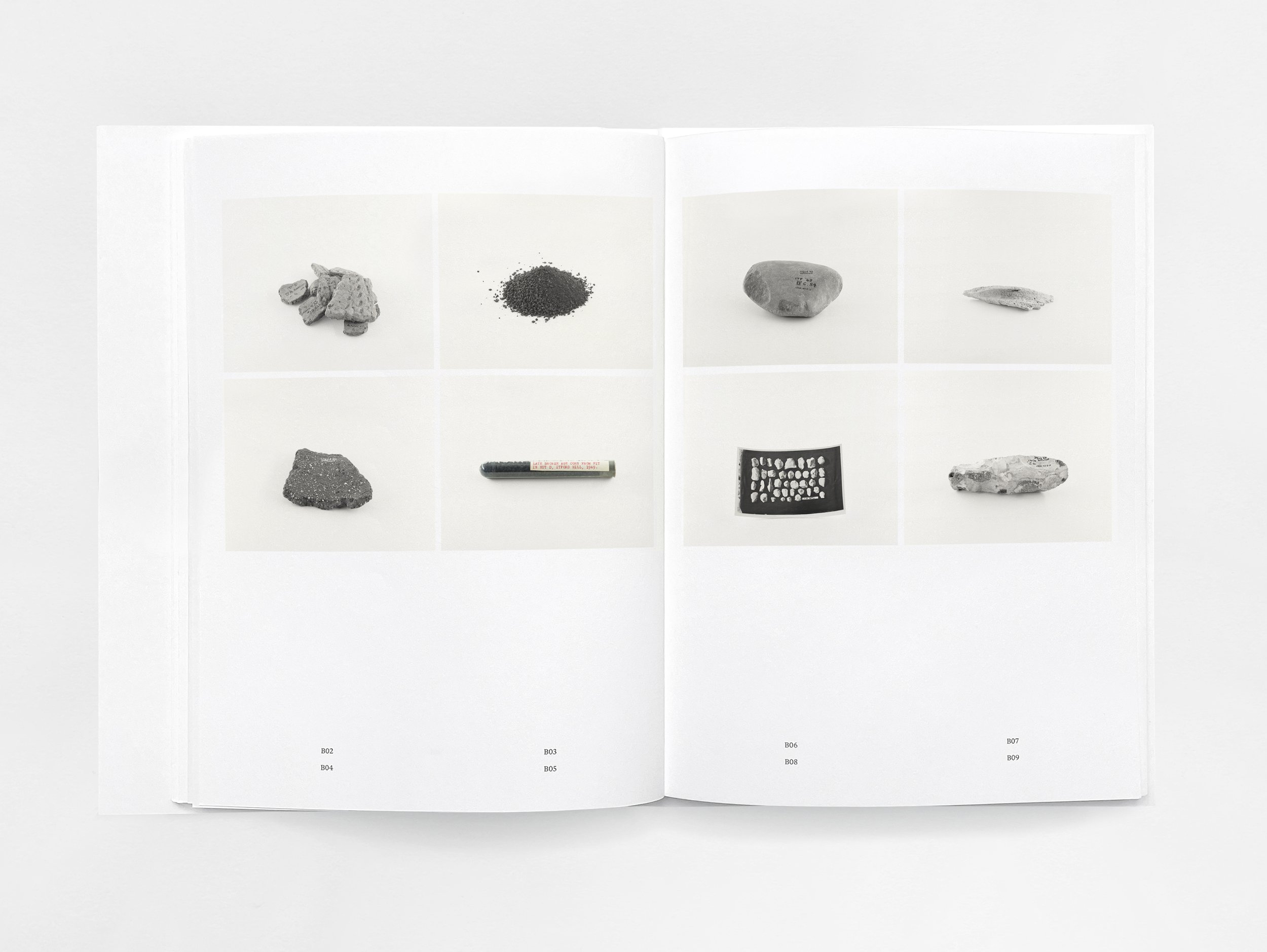 Image 6 of 12
Image 6 of 12

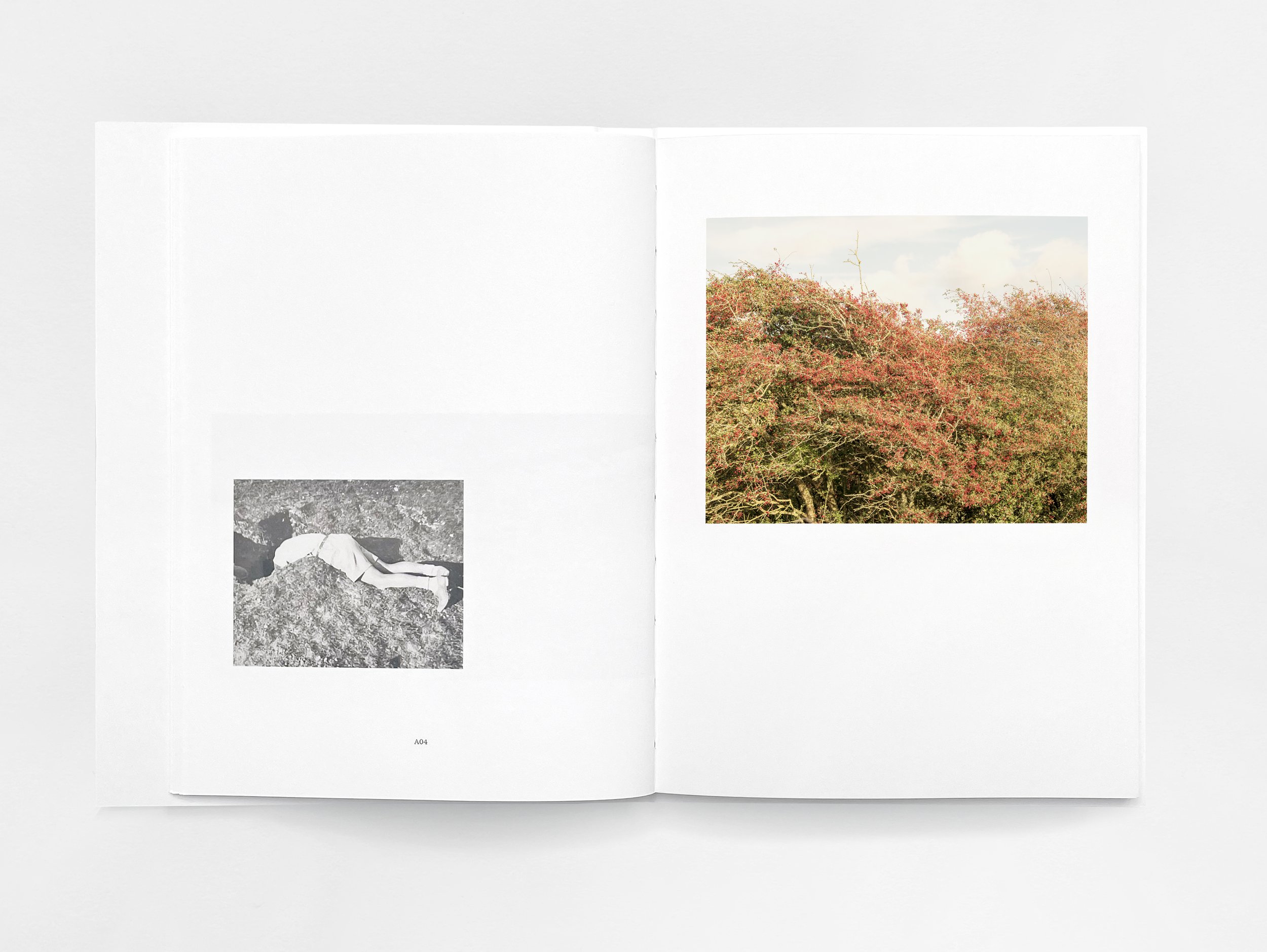 Image 7 of 12
Image 7 of 12

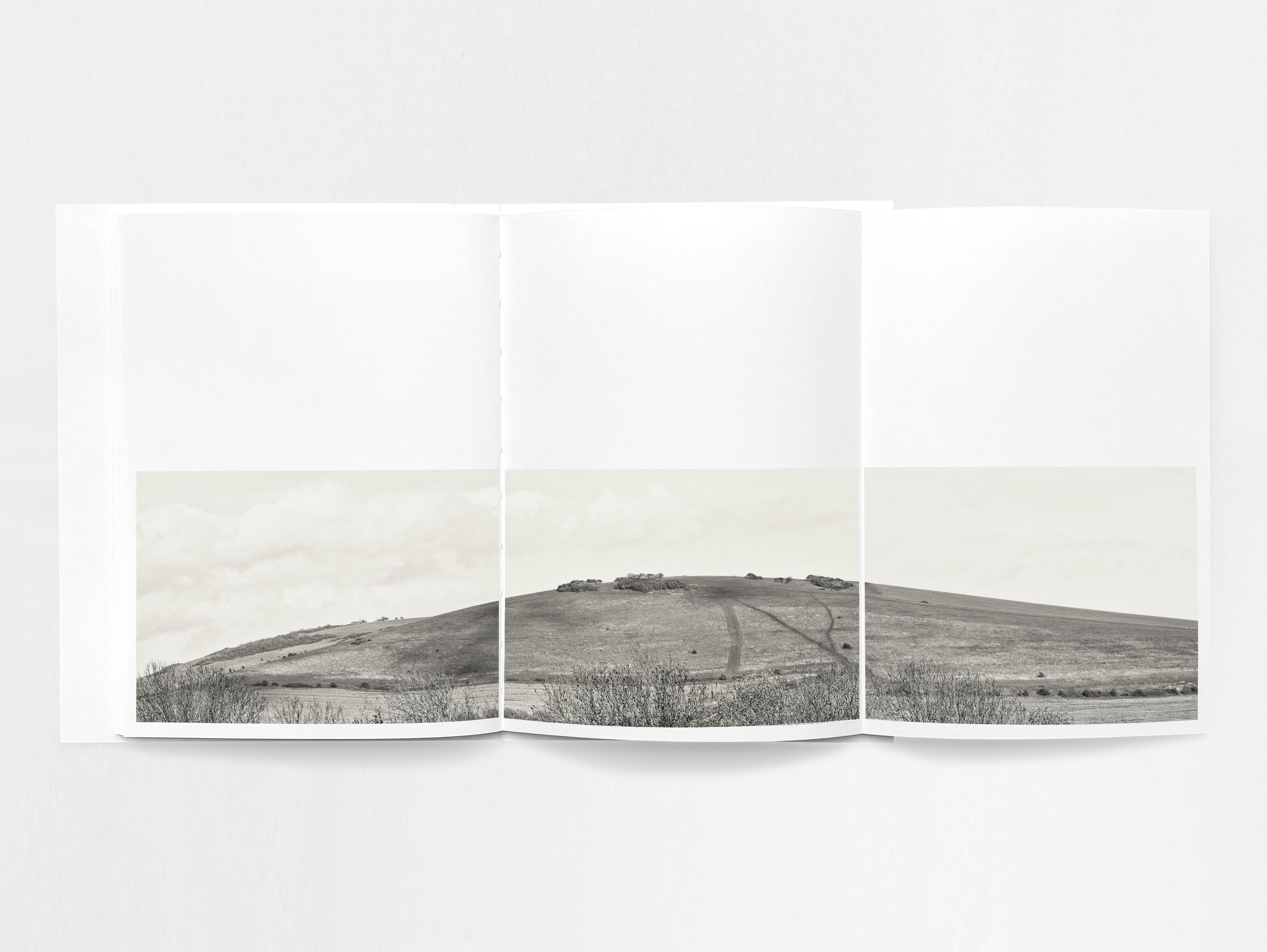 Image 8 of 12
Image 8 of 12

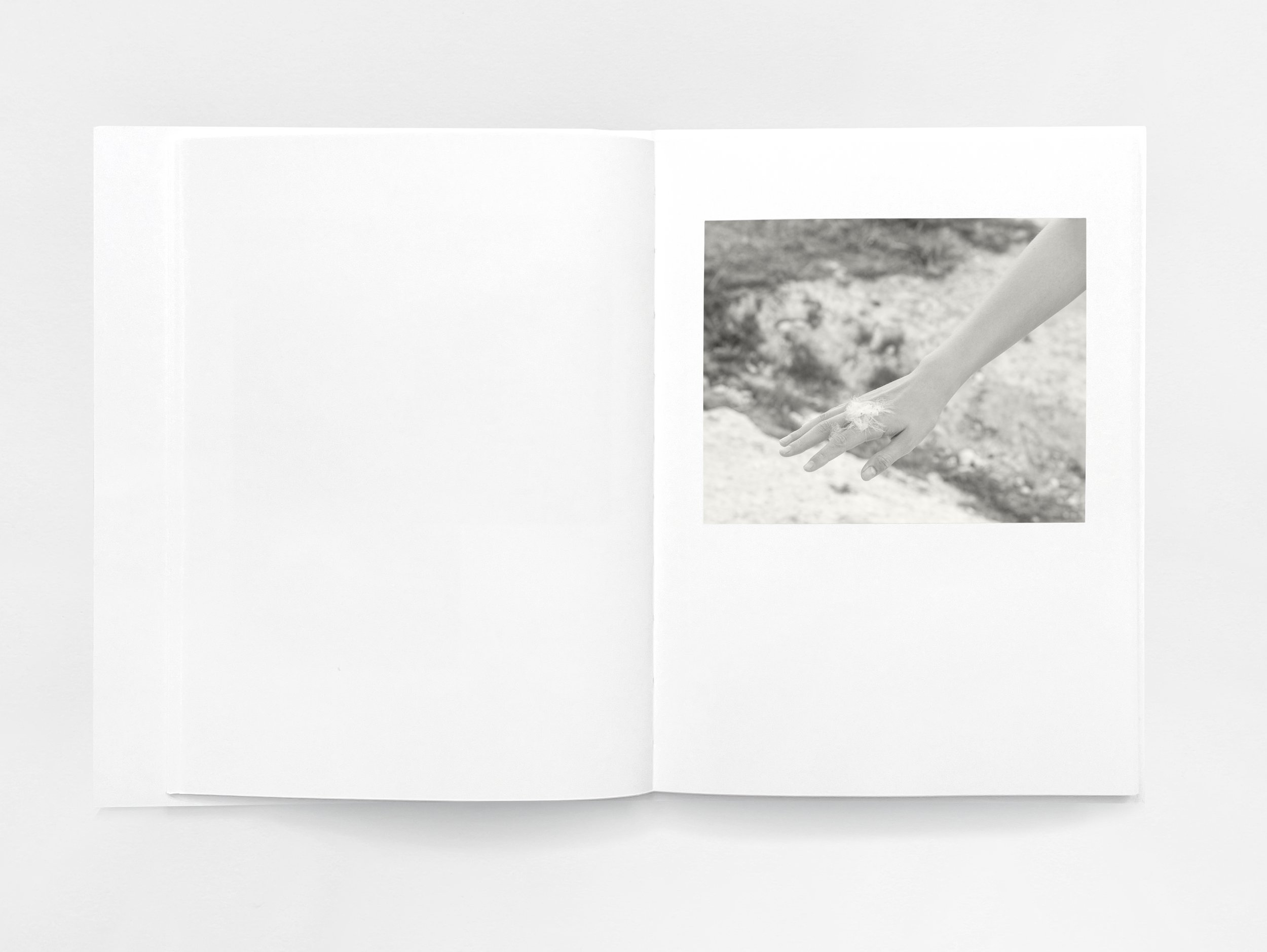 Image 9 of 12
Image 9 of 12

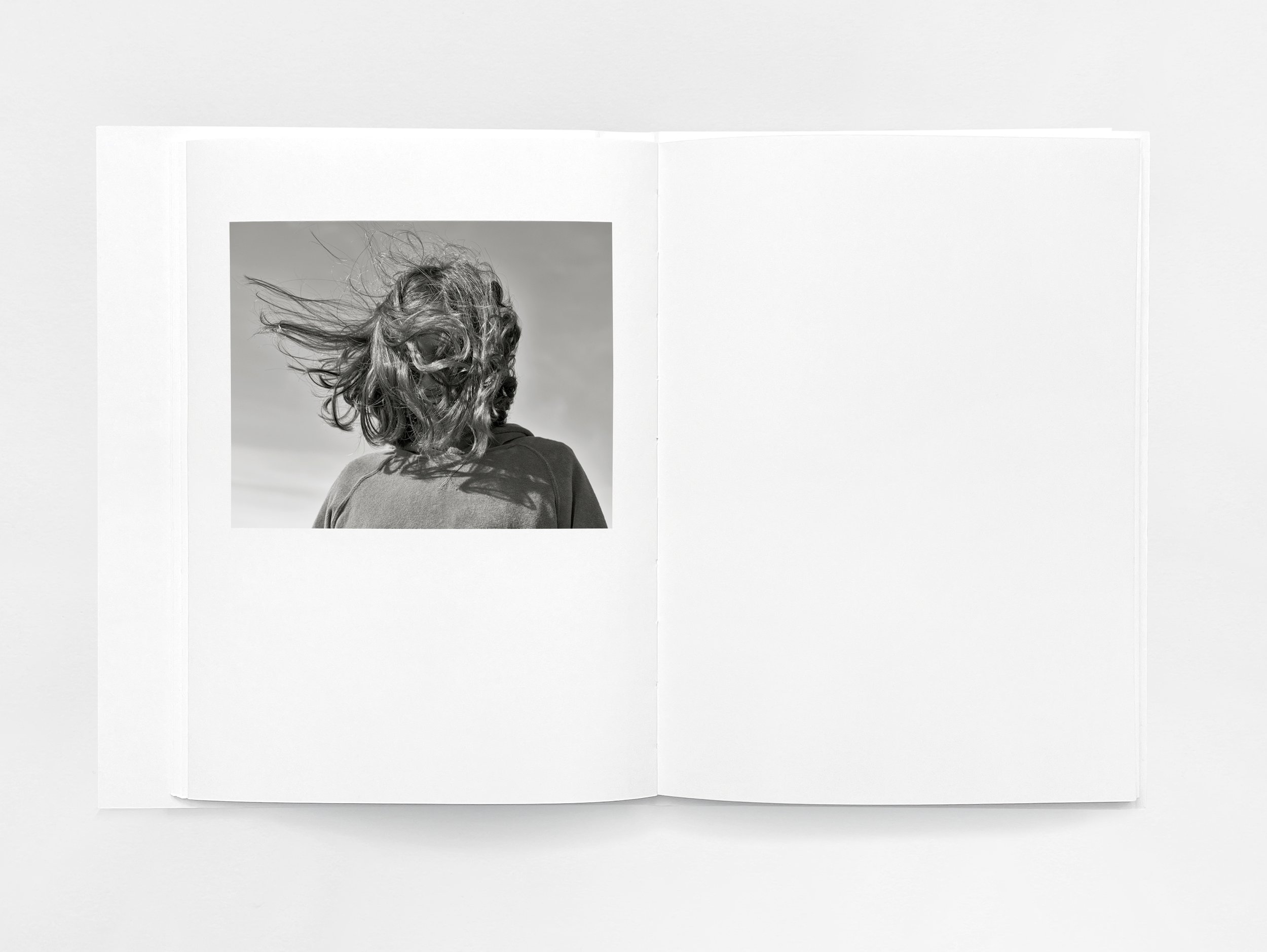 Image 10 of 12
Image 10 of 12

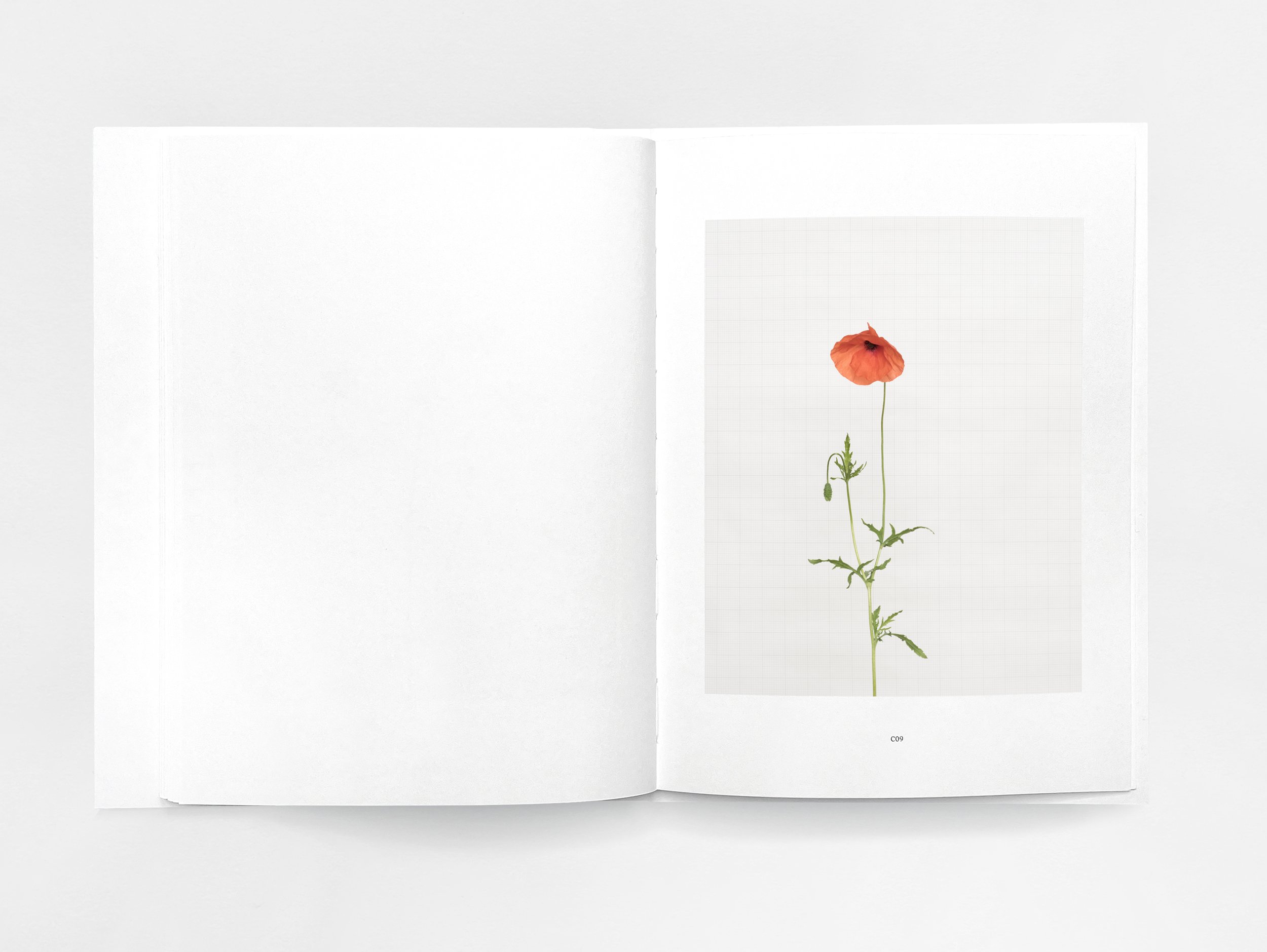 Image 11 of 12
Image 11 of 12

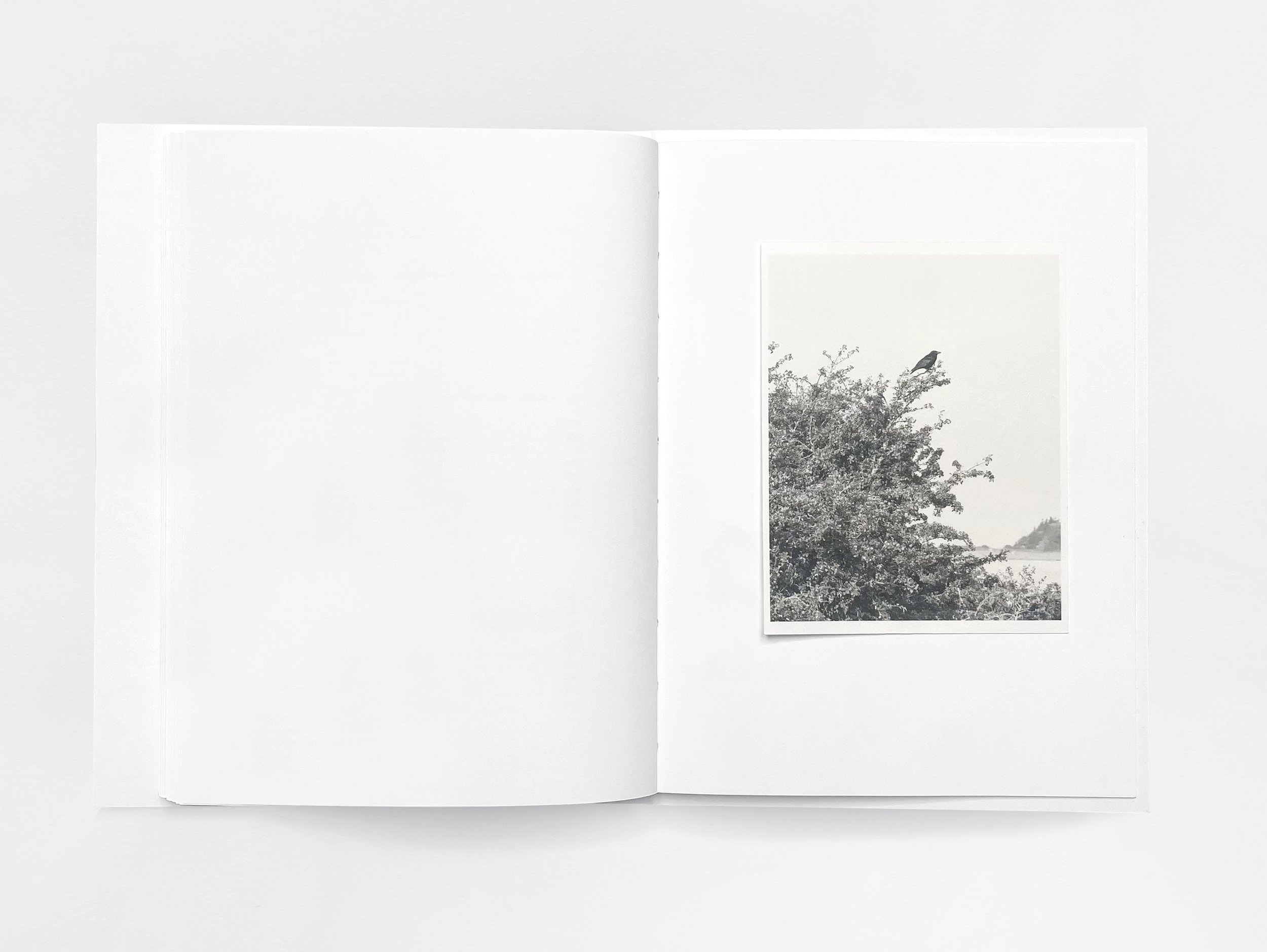 Image 12 of 12
Image 12 of 12













Ossa by Kathryn Martin
At the top of Itford Hill lies a forgotten Bronze Age settlement. This chalk hill, which artist Kathryn Martin views from her home and studio on the South Downs, is the inspiration behind her new series, Ossa. In 2022, Martin discovered the settlement’s history, how it was excavated from 1949 to 1953 by archaeologists Burstow, Holden, and Holleyman. For five summers, they camped at the bottom of the hill and with a team of volunteers uncovered artefacts and remains that pieced together stories lost in the chalk for 3,000 years. Martin’s work focuses on the layers of life that have existed and continue to thrive on and around Itford Hill, deepening her connection to the landscape.
“I have been able to forge a deeper connection with this ancient chalk landscape and examine the intricate web between archaeology, wildlife, habitats, history and folklore.”
The title Ossa, from the Latin word for bones, stone, or heart, also refers to one’s soul or the bones of a discourse. The pristine white chalk of Itford Hill, made up of coccoliths, the skeletal remains of tiny sea creatures, represents another life layer in the landscape, which are the foundations of Martin’s subject. The book also features nine plates from Martin’s previous project, Come, See Real Flowers of This Painful World (2020). These intricate and delicate botanical studies, featuring wildflowers that existed during the Bronze Age and that still thrive in this Downland landscape today, demonstrate the enduring resilience of nature but at the same time reflect its fragility and vulnerability.
Details
– 145mm x 200mm
– 96 pages
– Foiled hardcover
– Swiss bound
– With signed print
– First edition of 200
– Hand numbered
At the top of Itford Hill lies a forgotten Bronze Age settlement. This chalk hill, which artist Kathryn Martin views from her home and studio on the South Downs, is the inspiration behind her new series, Ossa. In 2022, Martin discovered the settlement’s history, how it was excavated from 1949 to 1953 by archaeologists Burstow, Holden, and Holleyman. For five summers, they camped at the bottom of the hill and with a team of volunteers uncovered artefacts and remains that pieced together stories lost in the chalk for 3,000 years. Martin’s work focuses on the layers of life that have existed and continue to thrive on and around Itford Hill, deepening her connection to the landscape.
“I have been able to forge a deeper connection with this ancient chalk landscape and examine the intricate web between archaeology, wildlife, habitats, history and folklore.”
The title Ossa, from the Latin word for bones, stone, or heart, also refers to one’s soul or the bones of a discourse. The pristine white chalk of Itford Hill, made up of coccoliths, the skeletal remains of tiny sea creatures, represents another life layer in the landscape, which are the foundations of Martin’s subject. The book also features nine plates from Martin’s previous project, Come, See Real Flowers of This Painful World (2020). These intricate and delicate botanical studies, featuring wildflowers that existed during the Bronze Age and that still thrive in this Downland landscape today, demonstrate the enduring resilience of nature but at the same time reflect its fragility and vulnerability.
Details
– 145mm x 200mm
– 96 pages
– Foiled hardcover
– Swiss bound
– With signed print
– First edition of 200
– Hand numbered
